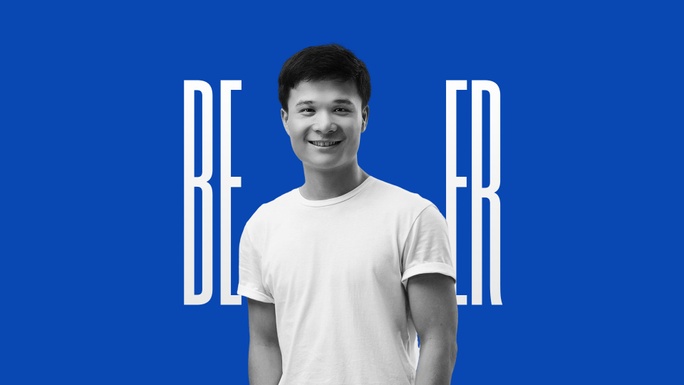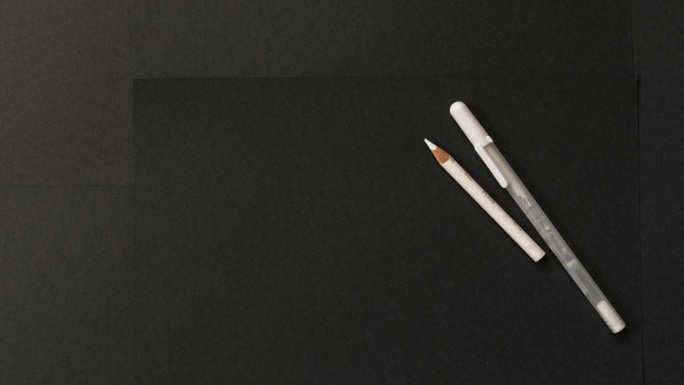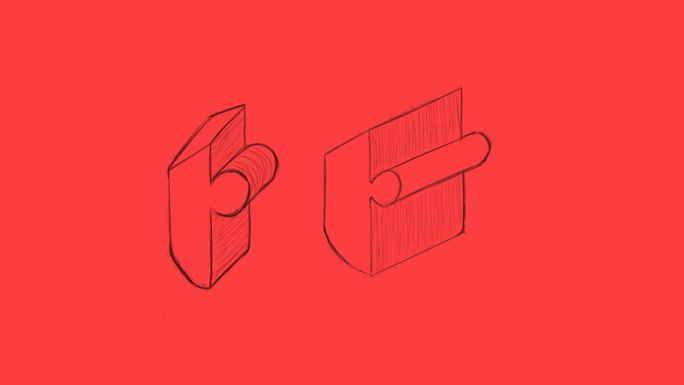When I was at the early stage of my career, I worked in an outsourcing company. We design and develop websites and apps for clients.
The design process usually is like this: the client gives a brief, we ask to clarify the requirement -> We sketch wireframe for the first round of presentation -> We get feedback and doing visual -> When the design is finished, we handover to engineers to develop it.
One time, a client gave us a copy of the landing page and asked us to design based on that idea. “What?” I was surprised and felt frustrated because… I had to design based on the ideas of the other!
That was not natural.
Because as designers, we are creative people, we want to work freely, all ideas must come from us first. Designing based on other’s ideas is very weird.
So the final design wasn’t good enough. The client decided to hire a more experienced freelancer to work for them.
That was the time I thought that writing and designing are two different jobs. A designer didn’t have to know about writing. Writers or copywriters didn’t design.
Timepass, after a couple of years of doing design. I realized writing is a part of the design process. It’s even a very important part.
As designers, we are all familiar with wireframes - the rough draft we do to discover different ideas to solve problems. It’s a good start. But it also takes time to do wireframes.
We all know the power of storytelling in design. But do you know what it means and how to use it in design? If you don’t know. Yeah, you got me, my friend. I don’t know either. Or at least, we don’t realize it while designing.
We didn’t realize it because while doing wireframe, or visual, we’re focusing on shape, line, box, colors,…
Our ancestors told stories around the fire, used their speaking language. Then the stories were told by words, through mouth or documents. From those stories, we produced movies and spread them to the world. For me, movies are the greatest way to tell stories.
In design, if we take a step back, we can feel and develop the story we want to tell.
Before starting wireframing, grab anything that you can write. Think about the problem we’re trying to solve. The using bullet points to list down our solutions then the summary and outcome or actions we want our users to do next.
Like any story, we have the beginning, the body, and the end. In design, we have the problem, solutions, and call to action.
In most of the projects, I usually use my note-taking app to write first. While writing, I can focus on the story, the problem, the solutions, the content.
In the past, I often got stuck while designing. Because I didn’t know how to start, I had ideas to put on the page.
With the writing we produced, we completed the halfway. The hardest, vague, and abstract part was visible, in words. Then our job is so much easier. Because design is our strength right, designers!
The day I become a better design is the day I start writing.




